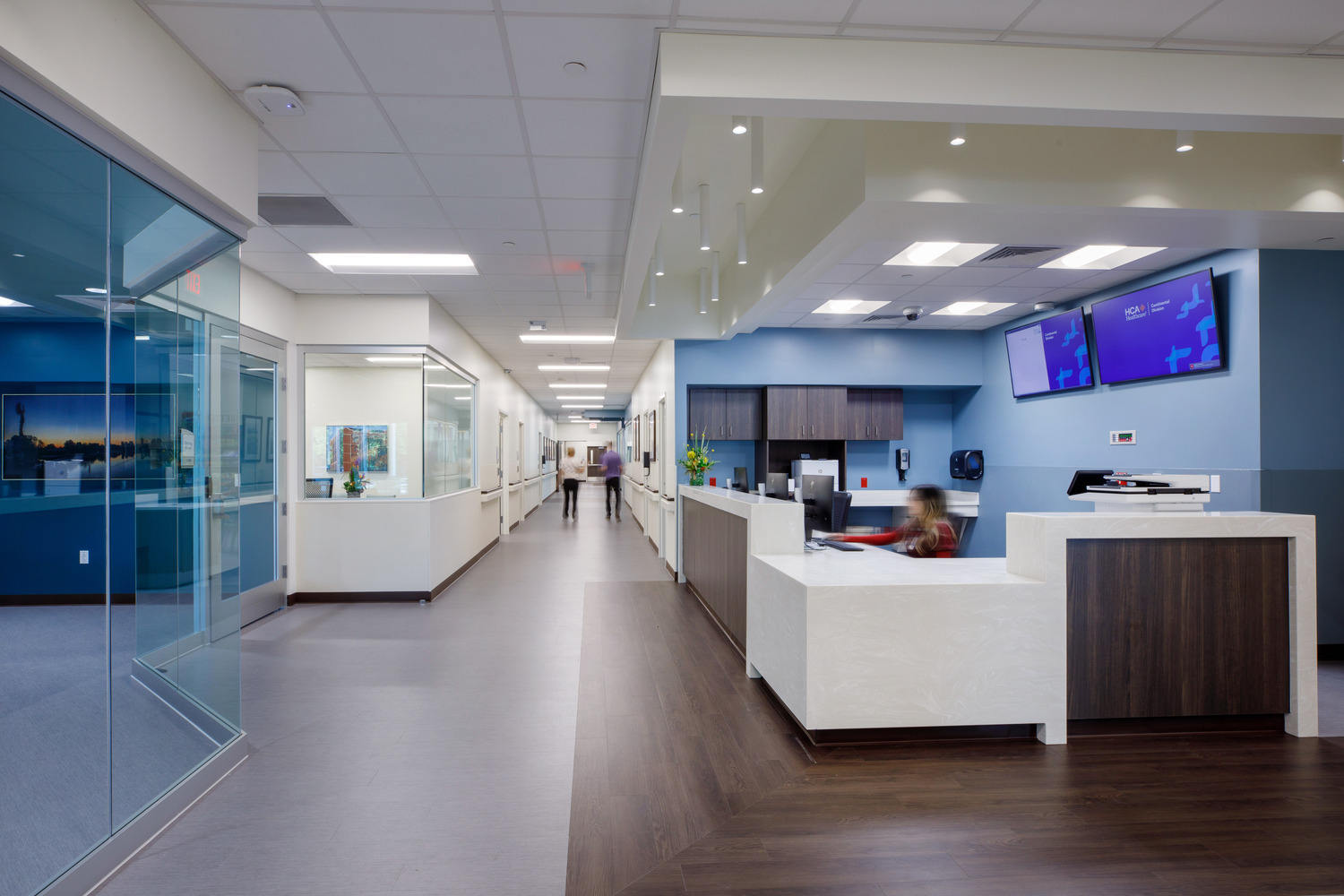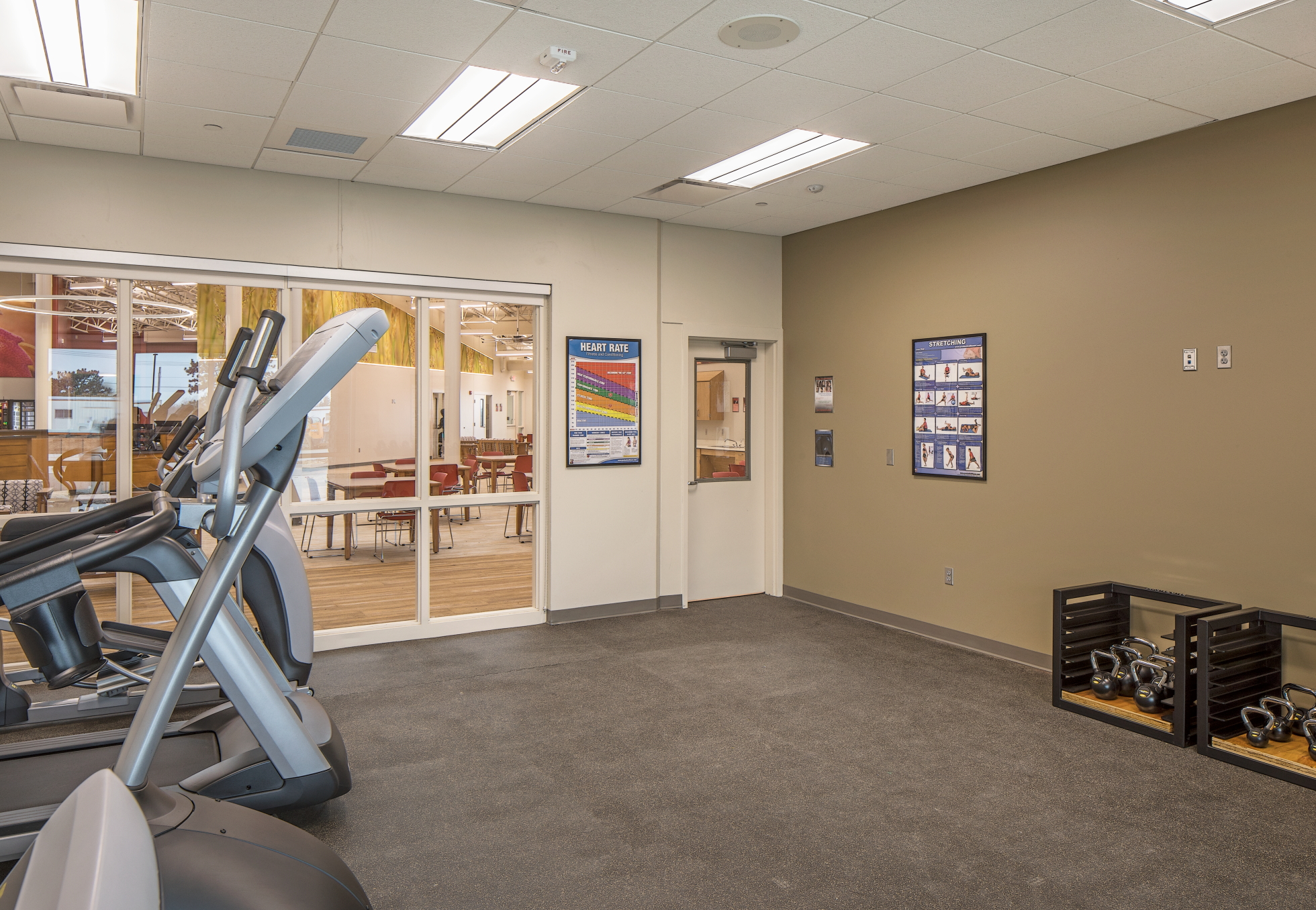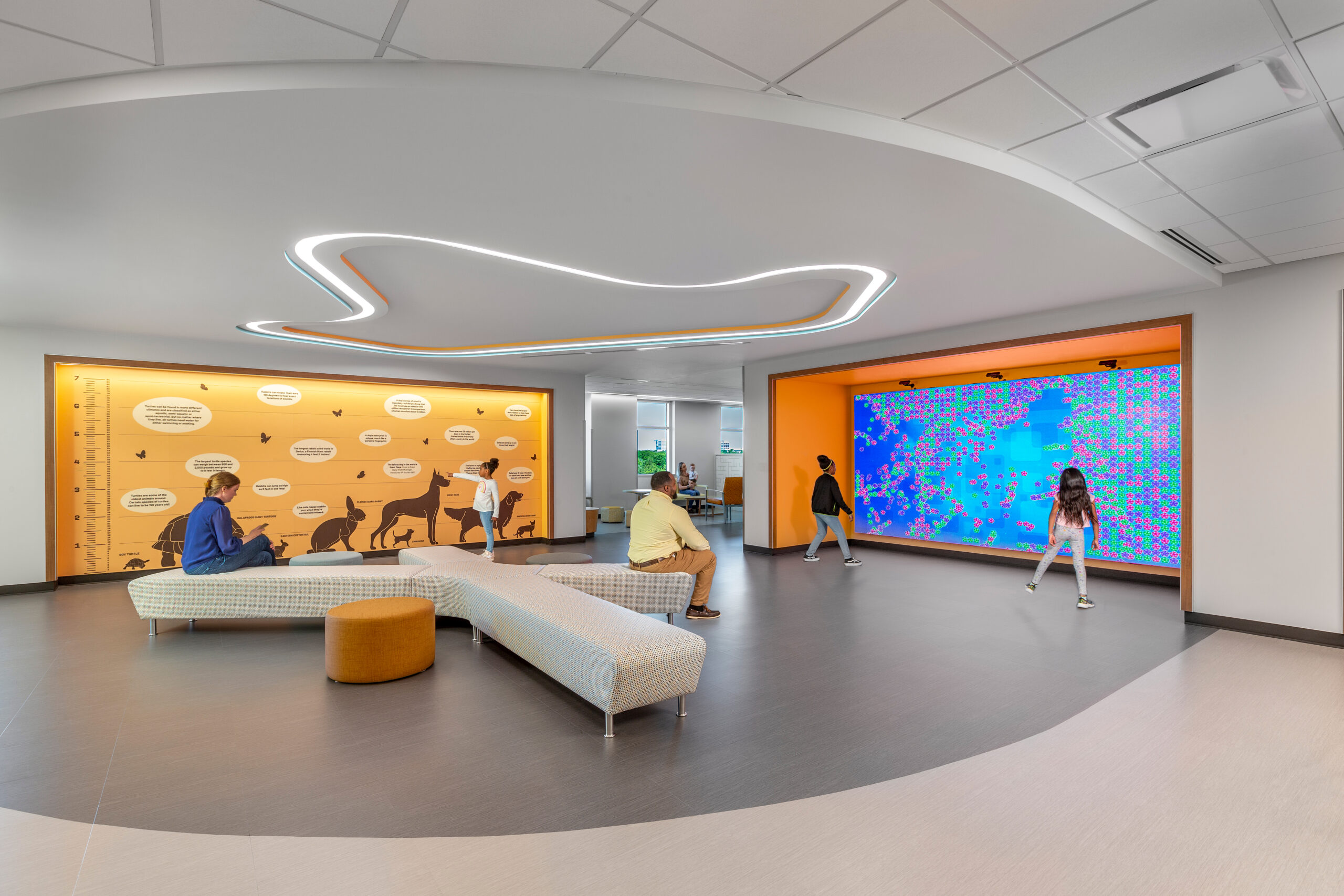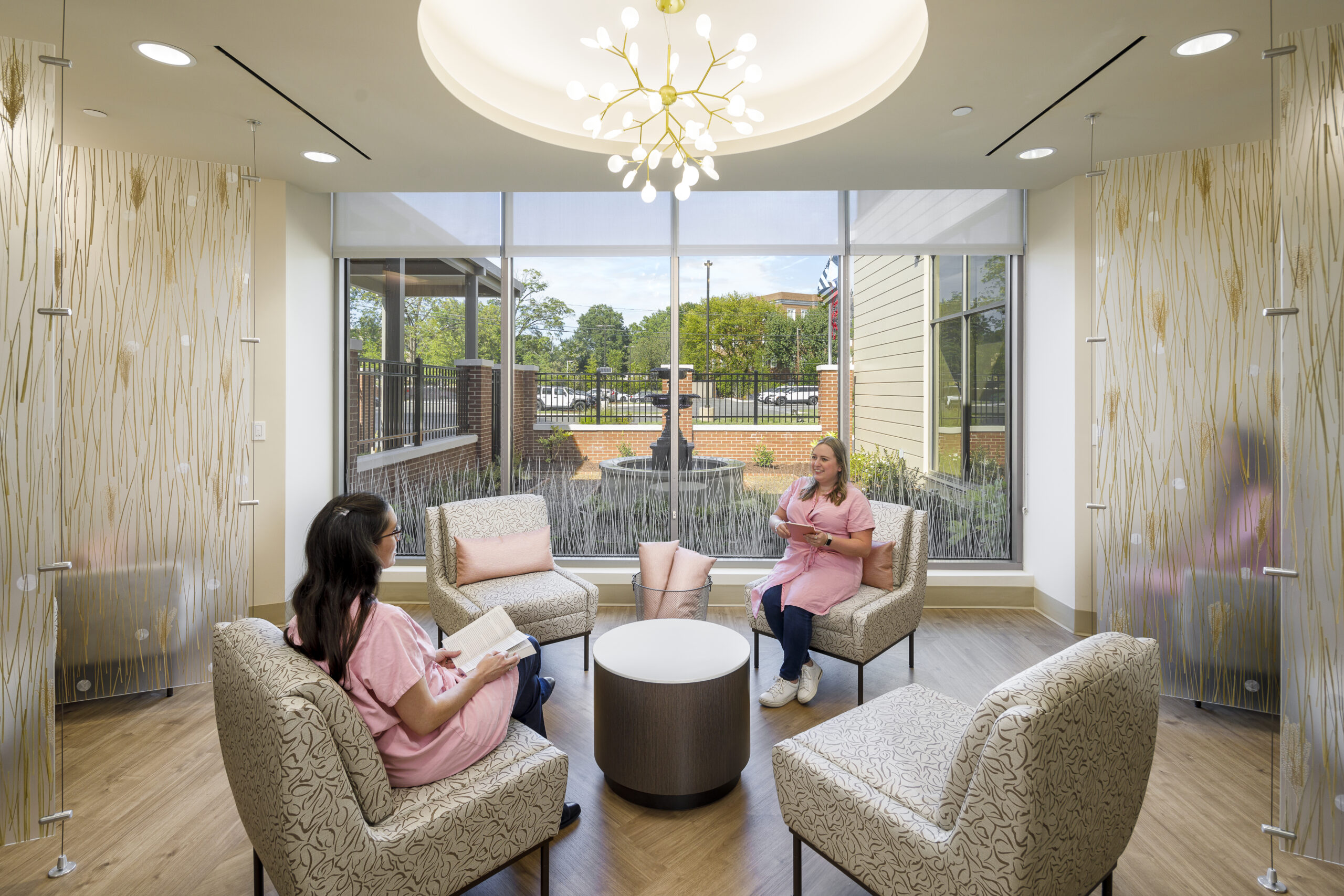By Roxanne Squires
LOS ANGELES — Innovative and contemporary hospital designs have succeeded to not only guarantee patient satisfaction, but to also reduce costs and improve patient outcomes. Research has shown that hospitals featuring new designs and amenities increase patient satisfaction significantly. Even one study, conducted by Professor Dana Goldman and Associate Professor (Research) John A. Romley at the Schaeffer Center for Health Policy and Economics at the University of Southern California, showed that amenities are a larger factor in driving traffic to hospitals than clinical quality. As a result, amenity-filled hospitals with modern design features are attracting more patients, which benefits the hospital’s top line.
Interior Design has placed Perkins+Will the No. 2 firm on its annual Top 100 Giants list—moving themselves up one spot from the 2016 rankings, and two spots from the 2015 rankings. The recognition is based on overall interior design revenues across all project types. The firm holds its No. 1 position for healthcare interior design on the Top 10 Giants by Sector rankings. It also took the No. 2 ranking for “Most Admired Firm”—up one spot from 2016, according to a statement.
Jennifer Riddle Curley, AIA, NCARB, LEED AP, project associate and Stephanie Domek, IIDA, LEED AP ID+C, interior project designer of Perkins+Will spoke with HC+O news to discuss efficient design strategies and the benefits of quality interior design in healthcare facilities.
Q: What are the biggest trends you’ve seen affecting hospital interior design?
Domek: Off the top of my head, three trends:
A Consumer Experience. Creating a more amenity and hospitality rich program to improve the patient and their family’s experience within the healthcare environment.
Designing for the Evolving Workplace. Improving the quality and functional space for multidisciplinary caregiver teams to create successful teaming performance and benefits for staff retention.
Technology. The rate of advancement and adoption of technologies, leveraging technology to engage better with patients and staff collaboration, as well as planning for the unknown.
Q: How have you incorporated these techniques into designs you’ve worked on recently?
Domek: Design strategies to address these trends include visioning sessions early in the process to identify the community qualities the hospital wants to emphasize and how the hospital wants the patient experience to feel. Additionally, a deeper dive into current workplace strategies are now being regularly discussed to help the facility understand the variety of workspace typologies available for today’s teams. I recently had a conversation that involved acknowledging that a laptop does not need to sit on a desk all day. Healthcare organizations are at different places on the journey to redesigning new ways of how they do work and how interior design can improve their workflow goals.
Q: How do these design trends affect the patient/user experience?
Domek: As hospitals understand the patient as a consumer concept, the patient experience is directly affected in a positive way by coming to expect a higher level of service, easier forms of communication, and spaces designed with improved comfort, acoustics, lighting, and overall quality. Indirectly, patient experience is affected by progressive workplace strategies employed in facilities that aid team-based collaboration and allows staff to choose where they can do their best work. (ie. open touchdown, a quiet enclave, a social setting, or respite room.)
Curley: By improving the caregiver experience, it creates an environment where caregivers can concentrate on the job. Additionally, the improvements in the workplace environment can positively impact a facilities ability to recruit and retain talent.
Q: How are these trends in line with general interior design trends across all building types?
Domek: With the arrival of the Well Building Institute and Fitwell, healthy human-centered design aligns with evidence-based design in healthcare by bringing important features like daylighting, clean air, and comfort measures to the workplace. The concept of wellness has permeated all building types.
Q: How will interior design continue to advance healthcare today and into the future?
Interior design directly affects the quality of the healthcare environment and can influence the way patients, families, and staff feel and experience the physical space. The more we, as designers, can find synergies between current practices in adjacent markets like corporate commercial, education, and hospitality, the more healthcare design can create connections within the community as a destination for wellness.
Q: What kind of feedback have you received from healthcare professionals on specific design techniques that interact well with their practice?
Curley: Our academic medical center clients are requesting that we create true partnerships in the design process with their multi-disciplinary teams. We have been engaging with our client teams to execute week long 3P Kaizen events in lieu of the traditional hour-long user meetings that typically occur on a periodic basis. In the 3P Kaizen event, a diverse set of key stakeholders are brought together for an intense collaboration with the project team. These sessions require a substantial amount preparation to be successful, but the results are a broad consensus built around a design solution within a matter of days.






